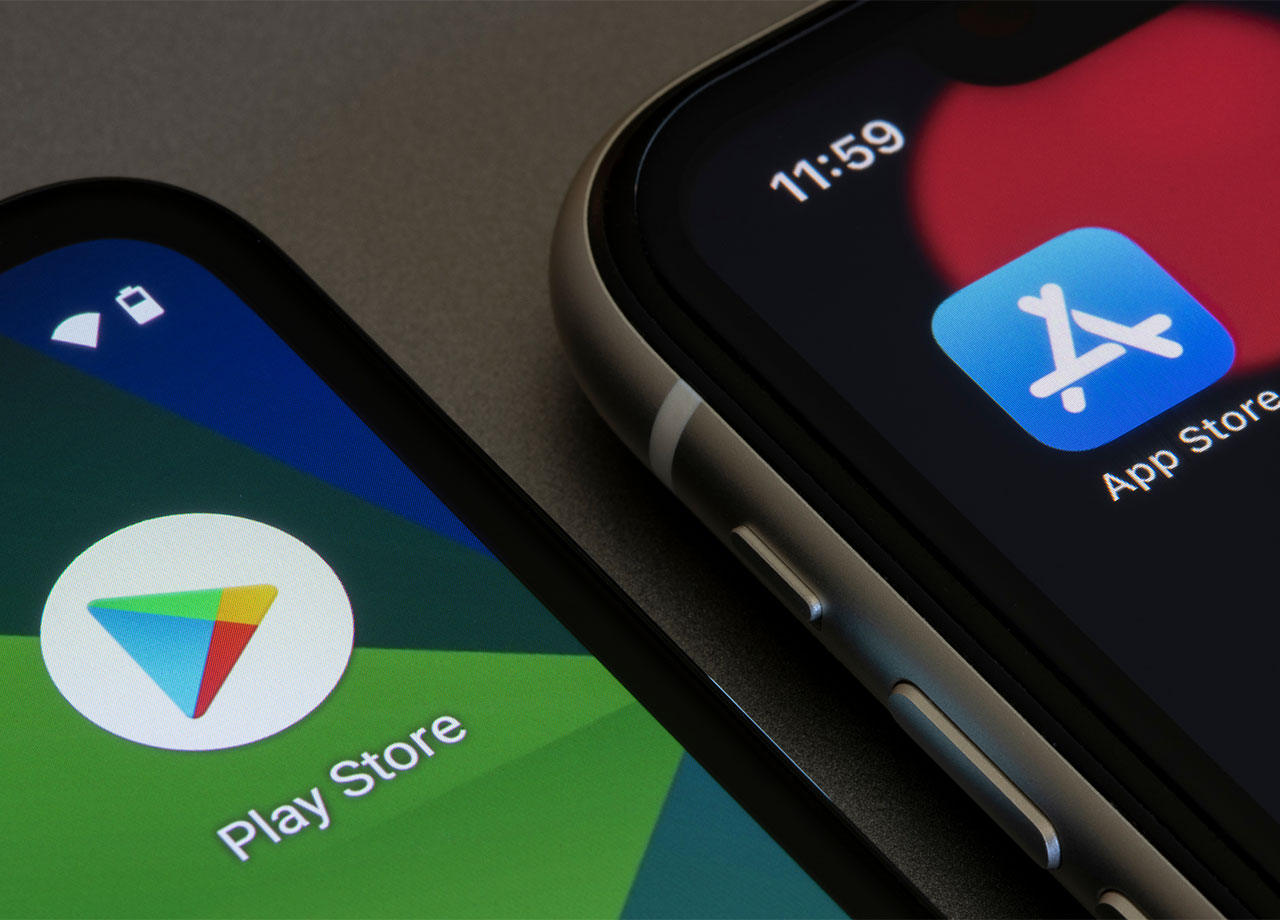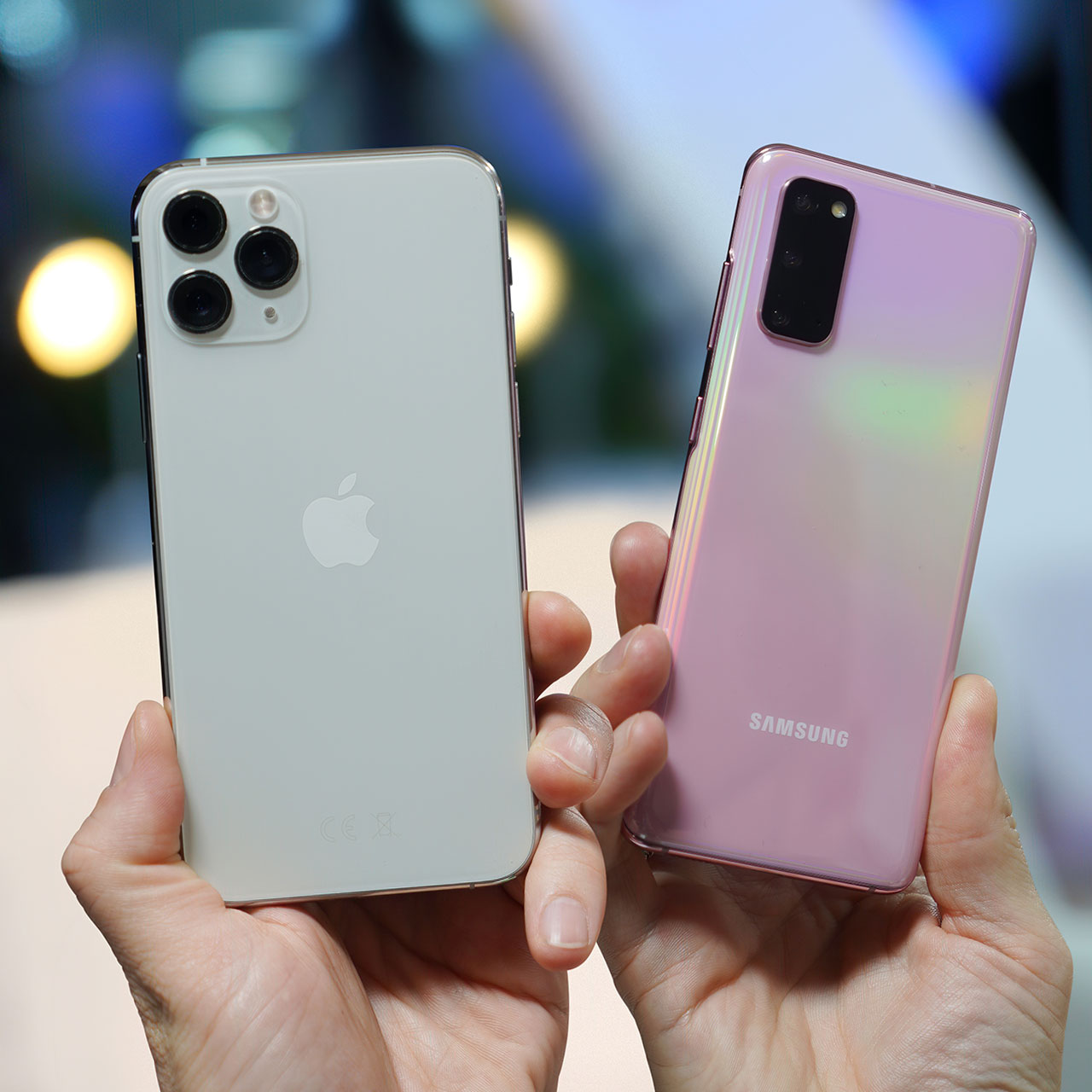There has always been a friendly (and not-so-friendly) rivalry between those of us who prefer iPhone and those of us who swear by Android. There are always going to be pros and cons in favor and against both of these brands. Anyone who wants the freedom of jailbreaking a phone, for example, and using it in ways that the brand may not deem entirely secure, will likely side with Android. But when it comes to judging these two phones based solely on privacy and security, which one comes out on top? That’s the burning question.
Tech experts have taken to YouTube to debate iPhone versus Android. Here’s what they have to say when asking which they prefer for privacy and security.


iOS’ Operating System is More Secure
One big reason why tech experts choose iPhone over Android when it comes to privacy and security is because iOS updates its software more often than Android’s operating system. Users of iPhones aren’t all that surprised when they are repeatedly asked to download new software and update settings and apps. It seems like there’s at least a few new updates each week.
But the reason why this is better for your privacy and security is because updates aim to iron out bugs and other problems that can easily plague software and apps. If you never update your systems, or do it infrequently, you leave yourself more open to major issues like viruses and malware.

iOS’ User Tracking is More Secure
There are a number of convenient features on your phone that also make your device problematic where privacy and security are concerned. Your phone’s ability to pinpoint where you are at all times, as well as its active camera and microphone, are among those features. The great thing about an iPhone is that you will receive pop-ups when you use a new app that ask you if it’s okay for that app to use your camera, microphone, etc. Unless there is a valid reason for the app to do so, you should deny it permission. The mere fact that Apple asks for permission can make you feel more confident that there are at least some protections in place to guard your data.
With Android and Google, however, there is a bit of a conflict of interest — a divide between the consumers who buy their phones and the advertisers who give them the bulk of their profit. In this case, you may not receive the same notifications and request for permission.
Apple may surface as the more secure of the two, but experts say you should always assume, with either Android or iPhone, that there is some tracking on your phone and proceed with caution with both models.


























